“The EU's decisions are aimed at protecting both the environment and the industry”
Adalı noted that the EU's measures on carbon emissions were taken not only out of environmental concerns but also with the reflex of economic protection against the growing threat of China and the Far East, adding that these policies have forced small and medium-sized producers over time. "200 thousand small industrialists are affected by this situation. Although the decisions provide some relief, the pressure continues for large producers," he added.
“China's state- supported production poses a serious threat”
Drawing attention to China's state-supported production capacity, Adalı noted that the EU aims to control countries such as China, India, Indonesia and Vietnam. Stating that Türkiye is differentiated at this point, Adalı emphasized that the Turkish steel industry is at a very strong level in terms of its environmental performance. "The old burns with the old, but the Turkish steel industry is very, very good in this regard. We are expecting a special assessment of Türkiye from the European Union," he noted.
"The biggest obstacle to exports: Exchange rate policy"
Evaluating the current situation of the sector a little more positively than in previous years, Adalı stated that one of the main problems is the exchange rate policy. Noting that this issue, which has recently been on the agenda at the meetings of the Istanbul and Ankara Chambers of Industry, directly affects export potential, he continued:
"A more balanced exchange rate policy would increase exports and reduce the foreign trade deficit. Items such as fixed costs, energy and labor are directly linked to the exchange rate."


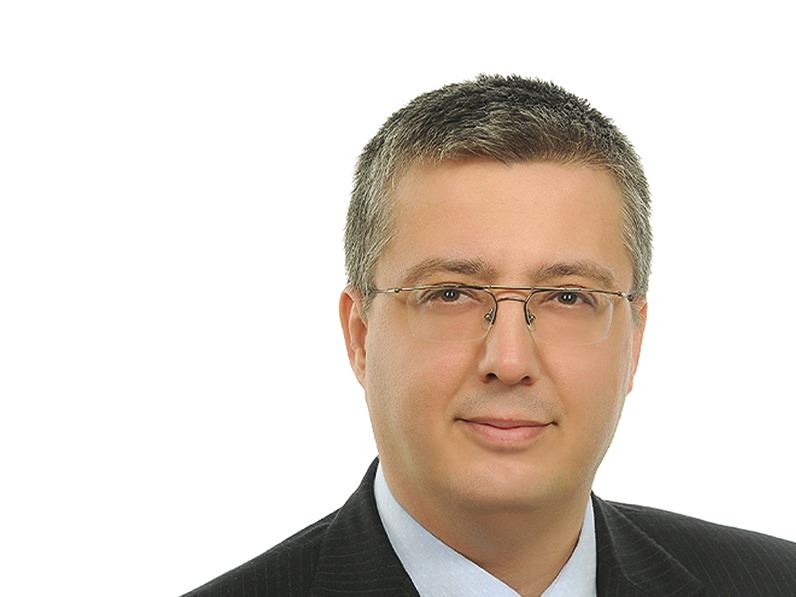
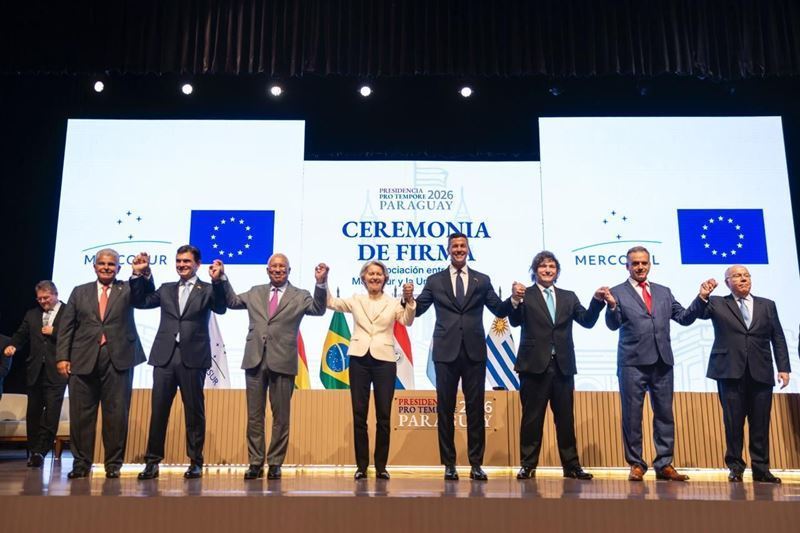
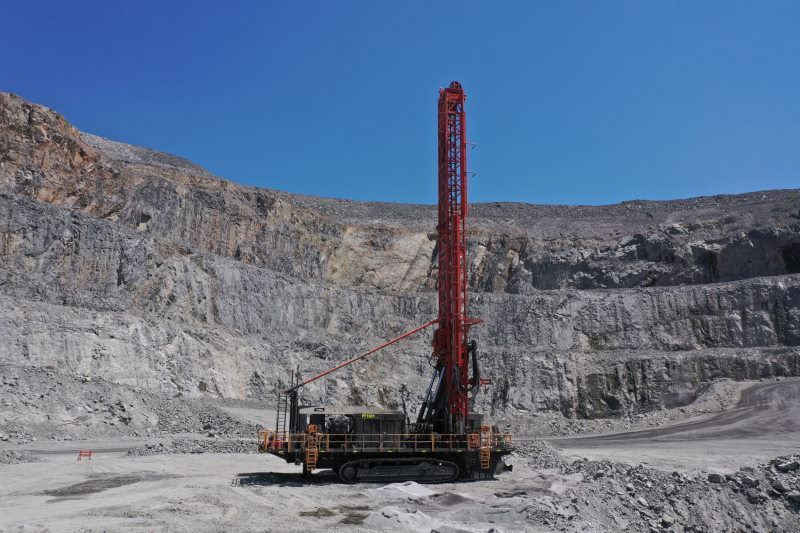
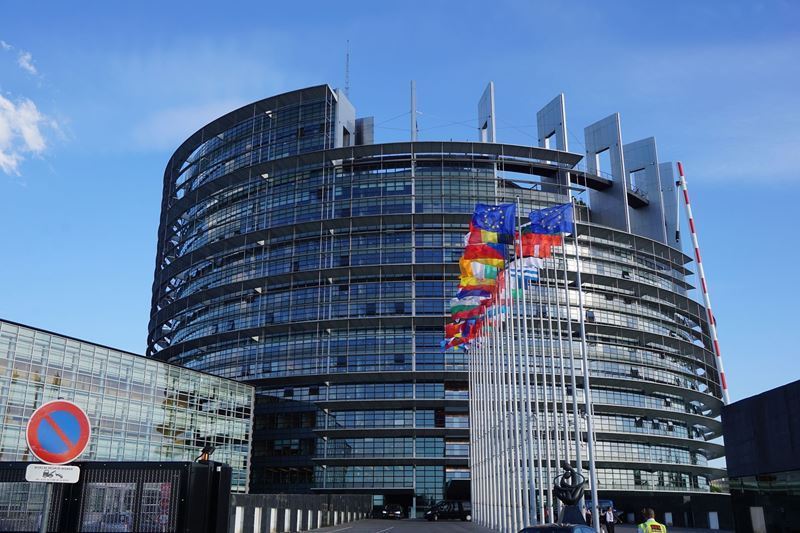
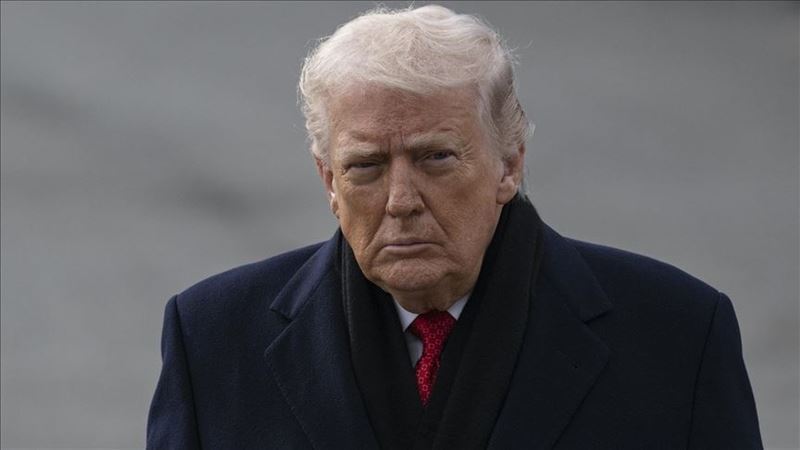
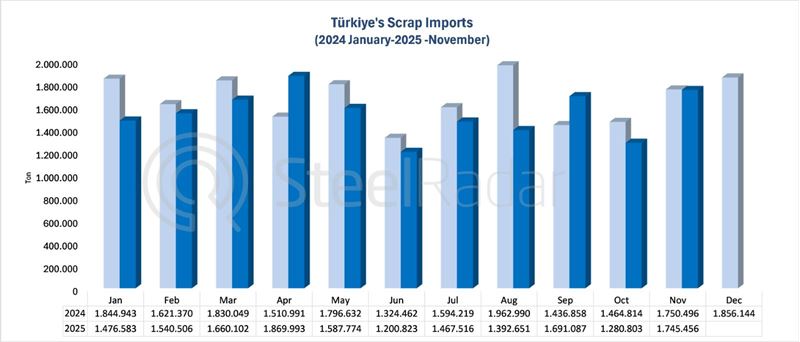


Comments
No comment yet.